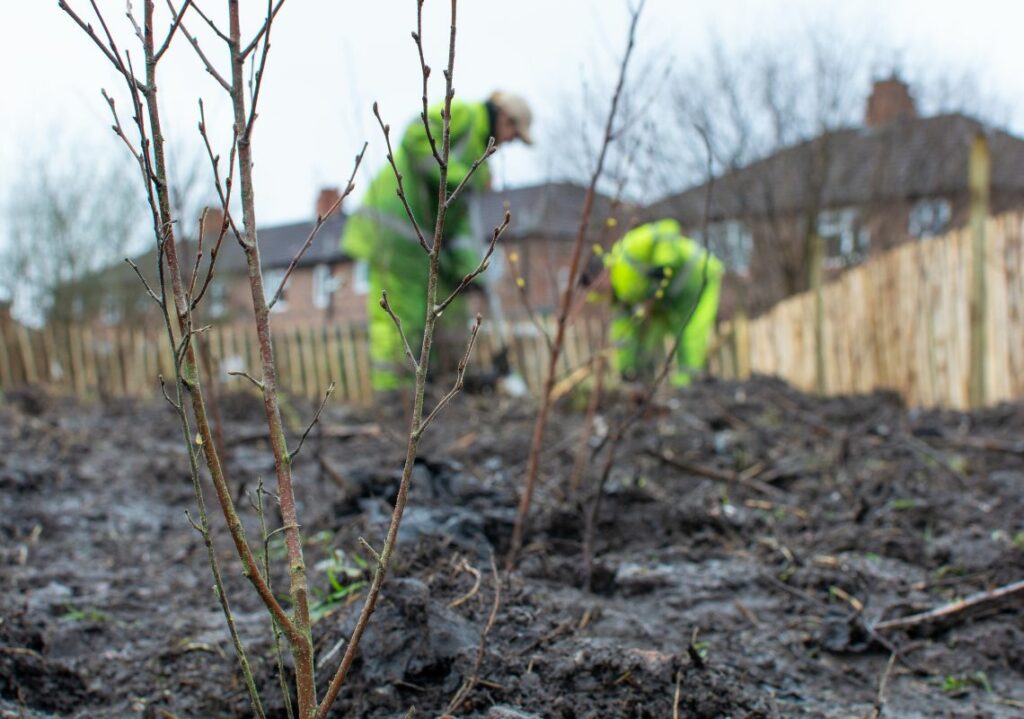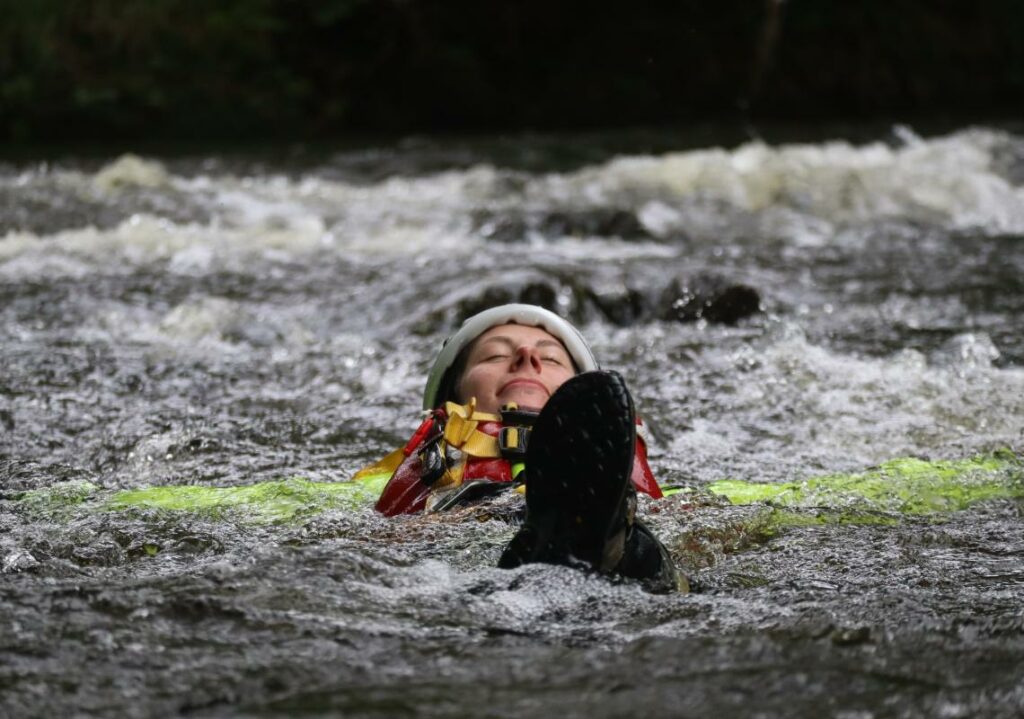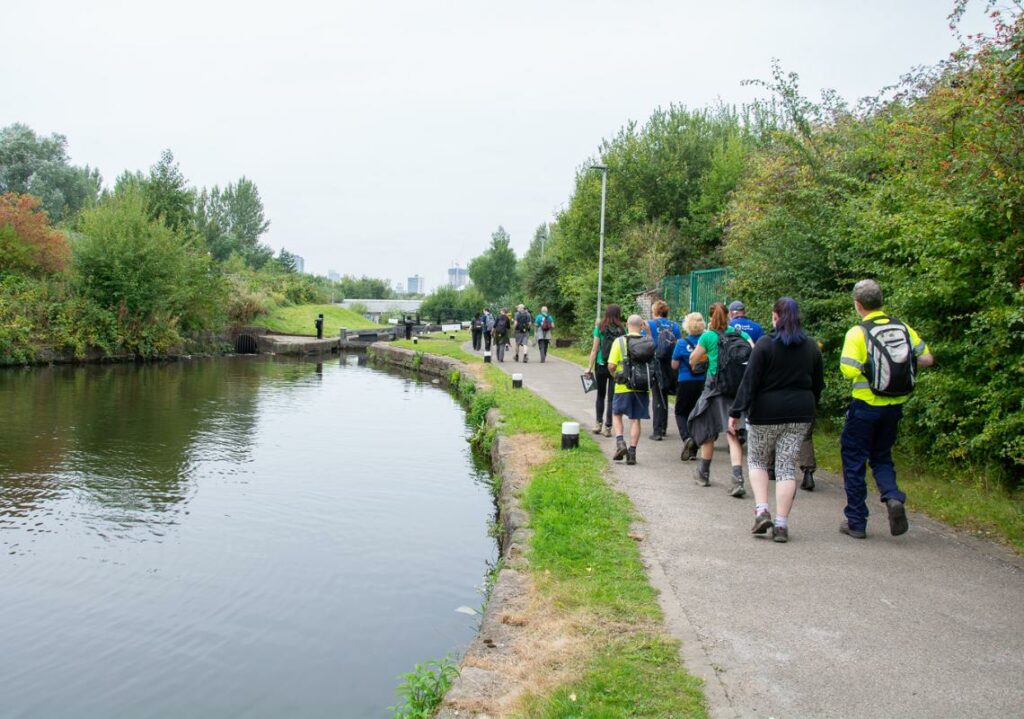BLOG – A Week In The Life Of A Groundwork Project Manager
Each year Groundwork manage 100’s of projects, from small community garden projects through to landscape scale river restoration programmes.
We believe in the power of collaboration. While Groundwork can deliver projects on its own, our preferred method is to work with partners from the VCFSE, public, and private sectors to bring diverse perspectives and skills to our projects.
Committed to equity and inclusion we prioritize community engagement so that our work supports people that need it the most. We collaborate with local residents and partners to ensure their perspectives shape our projects. This approach drives us to challenge traditional methods and embrace innovative solutions for long-term, sustainable outcomes
Throughout all of our projects dedicated Project Managers work hard to:
- take time to build trusting relationships through getting to know what each other can bring and where our limitations are, through respectful communications and following through on our commitments
- ensure client satisfaction by delivering projects on time, within budget, and with effective communication, collaborative problem-solving, and shared responsibility.
- celebrate successes and appreciating each others’ contribution
In this post, we catch up with Louisa, our Project Manager of the Medlock Valley Restoration Project, to see what she gets up to in a typical week.

What are your responsibilities as a Project Manager?
Managing a species and habitat restoration project is both a rewarding and dynamic role, where every day brings new challenges and opportunities. As Project Manager within the Urban Nature team at Groundwork Greater Manchester I collaborate with all stakeholders of the project, from funders and partners to contractors and volunteers to deliver a shared goal of nature recovery in Manchester. My role involves a lot of planning, monitoring and reporting around the project to ensure we are doing our best to support local habitats and communities.
What do you get up to in a typical week?
As expected, no two weeks are the same at Groundwork which makes everything even more exciting! A lot of my time is spent connecting with my internal team and our delivery partners so I can support them in their work. This varies from virtual meetings, on-site visits along the River Medlock or a catch up over a brew and a biscuit. I also visit the team when they are delivering volunteer events or training sessions out in the field.
Over the past couple of months we’ve hosted a number of volunteer sessions across the Medlock Valley, and delivered training on pond management and meadow management in Clayton Vale. The rangers have been working really hard in all weathers clearing scrub, thinning woodlands and treating invasive Japanese Knotweed. Being responsible for the health and safety of the team, I manage land ownership agreements and risk assessments, as well as procurement and staff training – some of which involves rescuing each other from floating down the river!

Some essential work of the project require external expertise to complete, I have been writing and negotiating tenders with contractors to deliver multiple aspects of the project both on the ground and behind the scenes. As part of my role I also produce reports that analyse our budgets, detailing our successes and challenges and assessing how our work is contributing towards habitat restoration. With most of my work including spreadsheets and pdfs, I make the most of visiting the team on site when I can as it feels so rewarding to be in the heart of the project!
Tell us about an exciting work day you’ve had recently!
A Week In The Life Of… A Groundwork Project ManagerLast week I met with Canal and River Trust to visit the canals assigned to the Medlock Valley Restoration Project. We walked along Ashton and Rochdale canal discussing the various habitats and opportunities for improvement. One section of Rochdale Canal is a designated SSSI and SAC as it supports a significant population of floating water-plantain Luronium natans, a rare waterplant species protected across Europe. Walking the canal paths enabled us to discuss the best way to improve the species and habitat diversity, bouncing ideas off each other and collaborating on the most effective way to involve the local community. It was the perfect chance to share ideas across organisations whilst being out in the fresh air.

What motivates you to do your work?
Working with so many like-minded people and having a shared goal. Having amazing colleagues with such great skills drives me to show my passion in everything I do.
Find out more about the Medlock Valley Restoration Project and how you could get involved:
